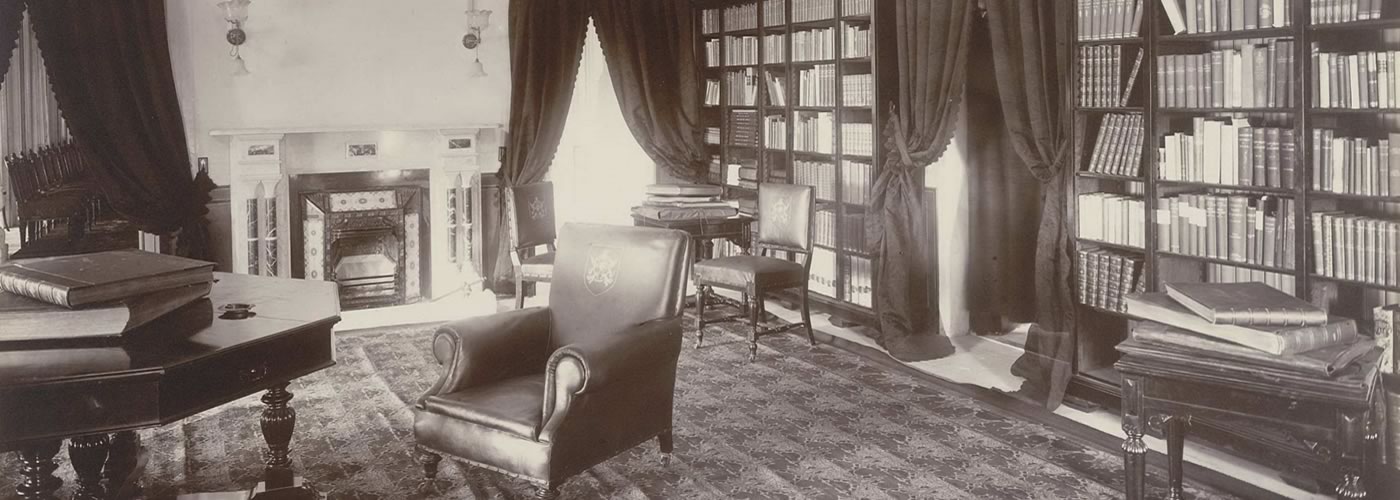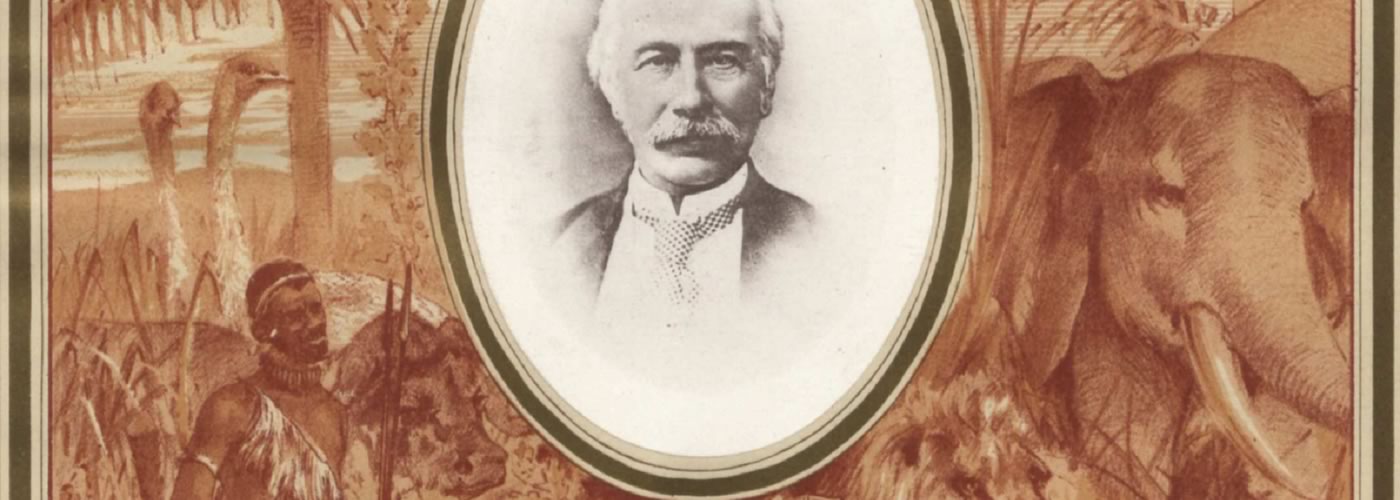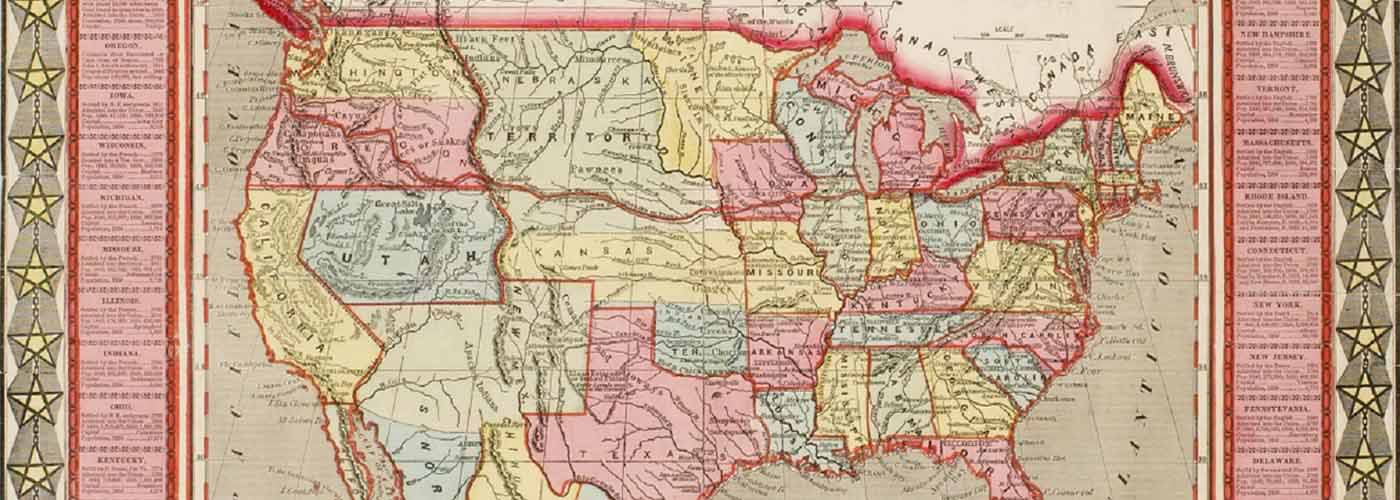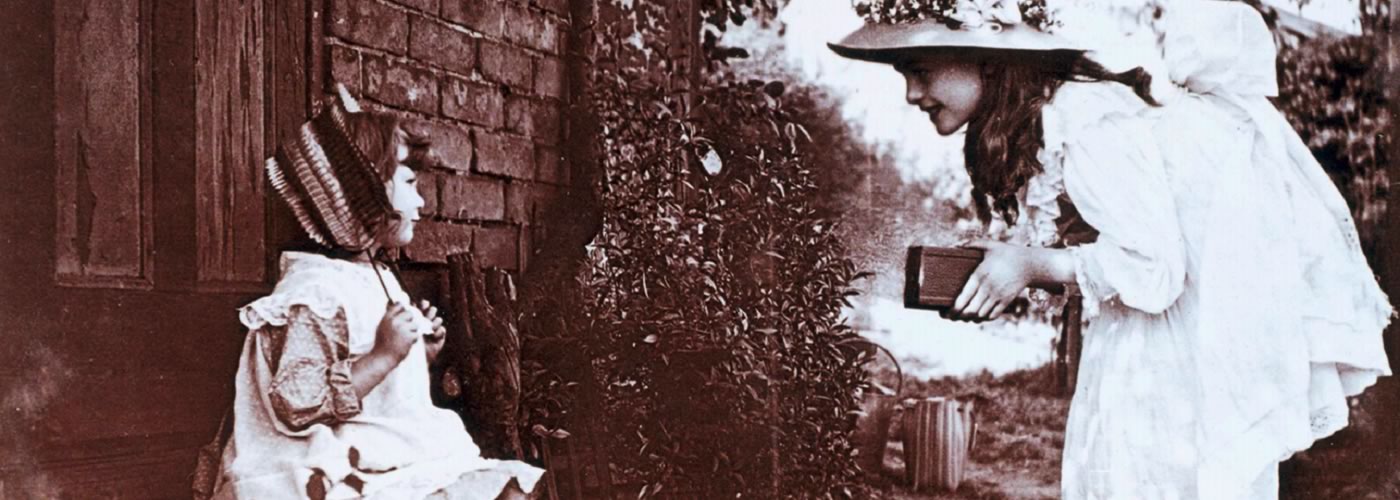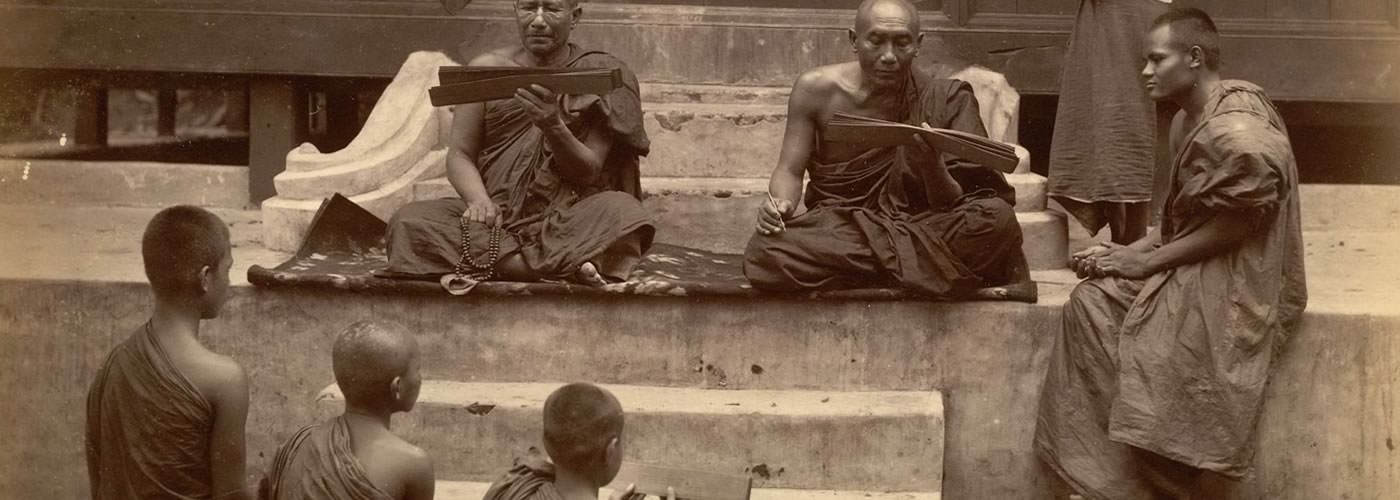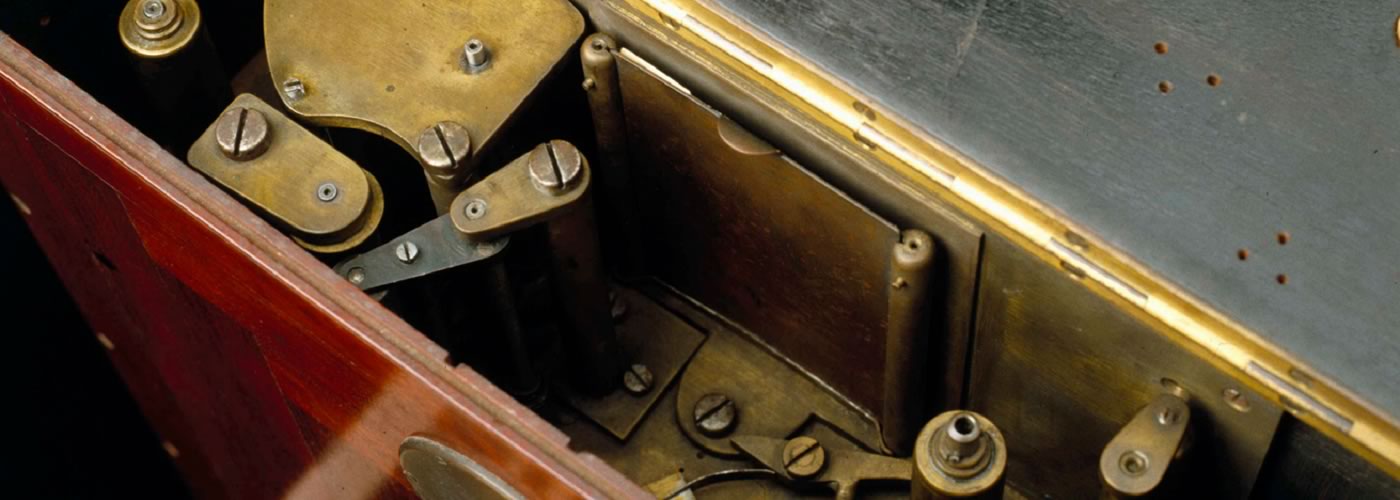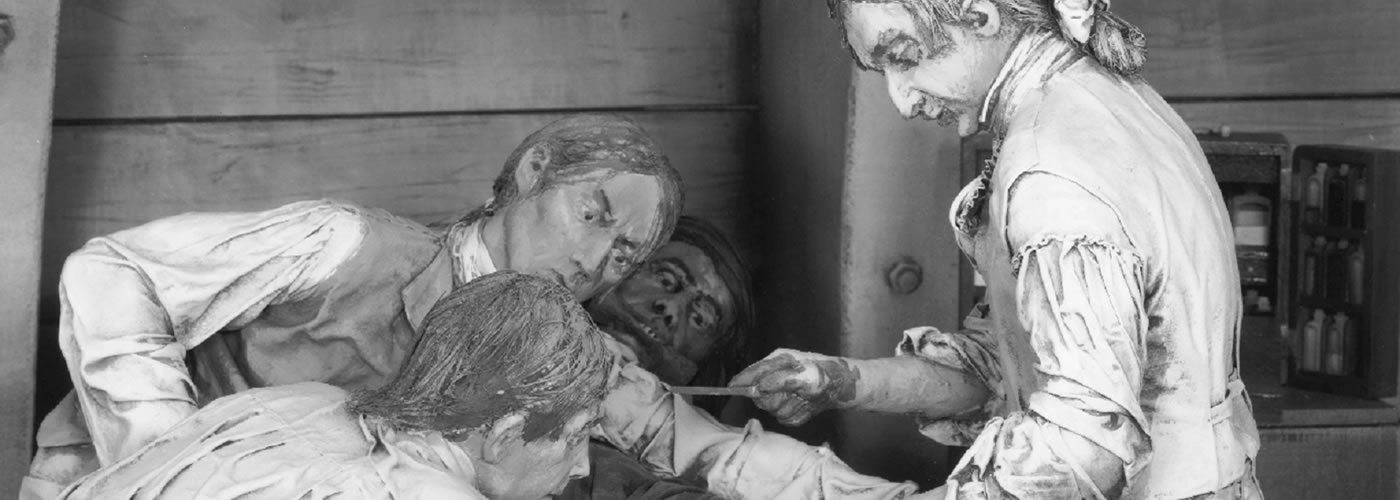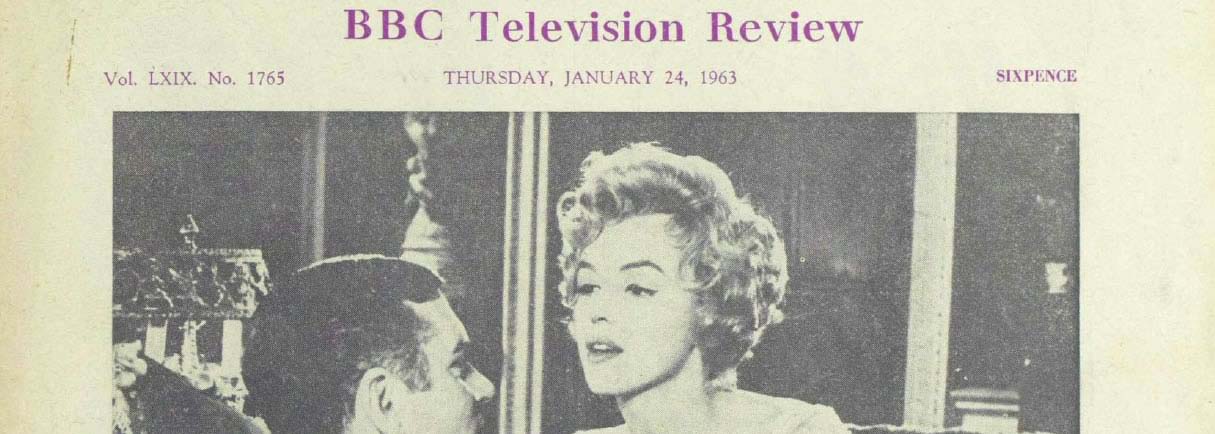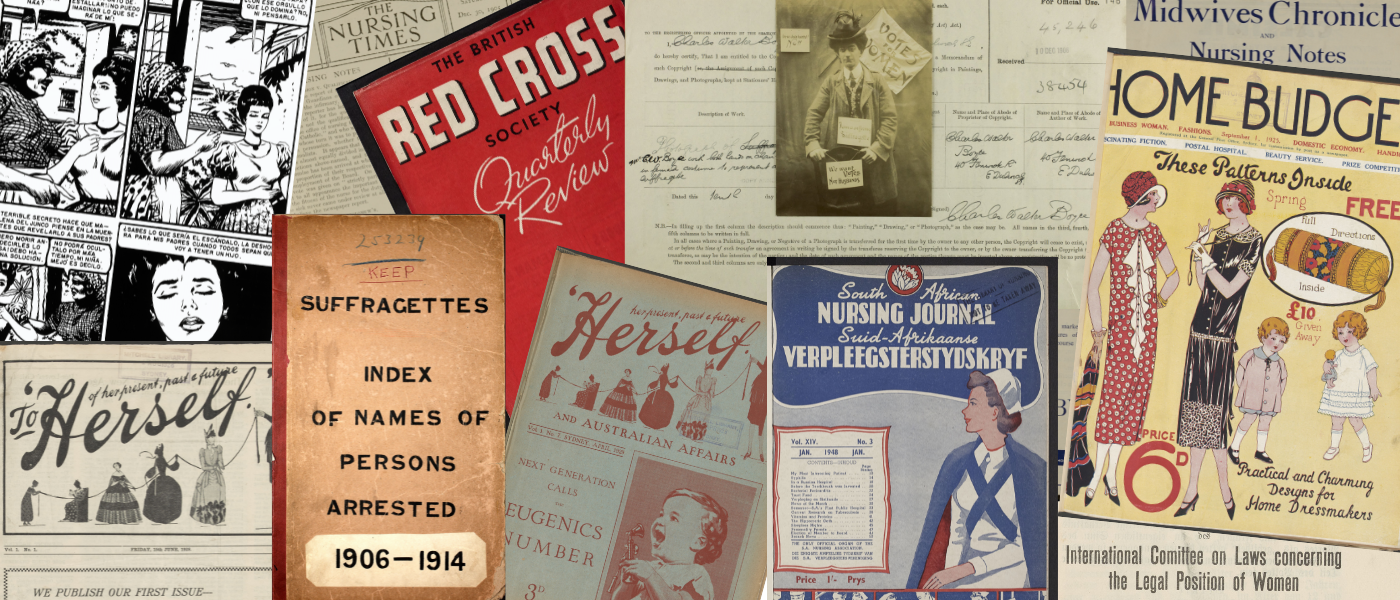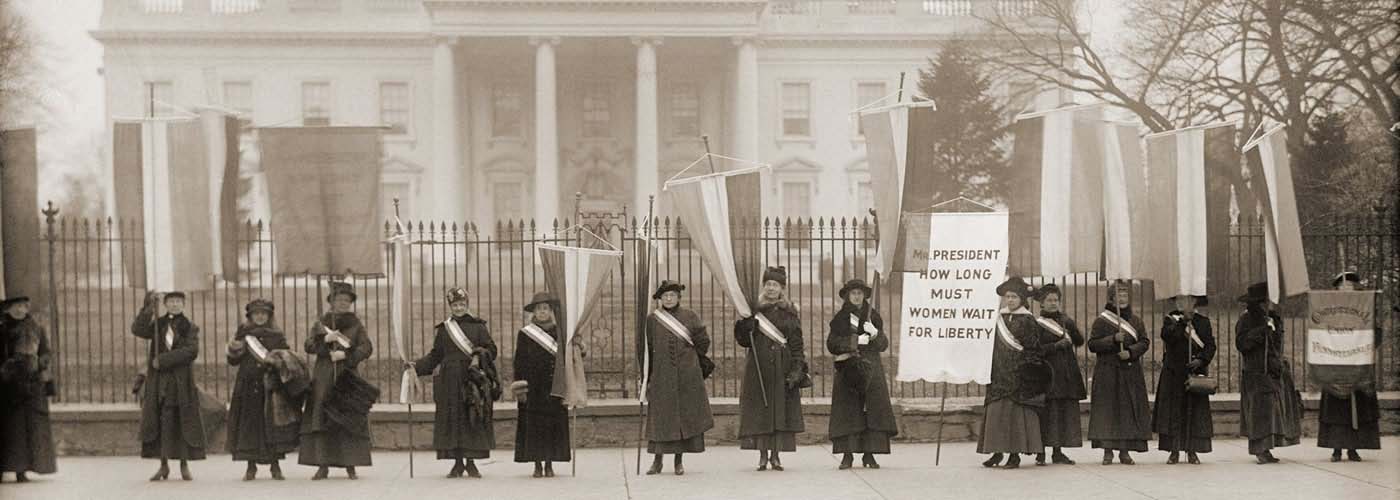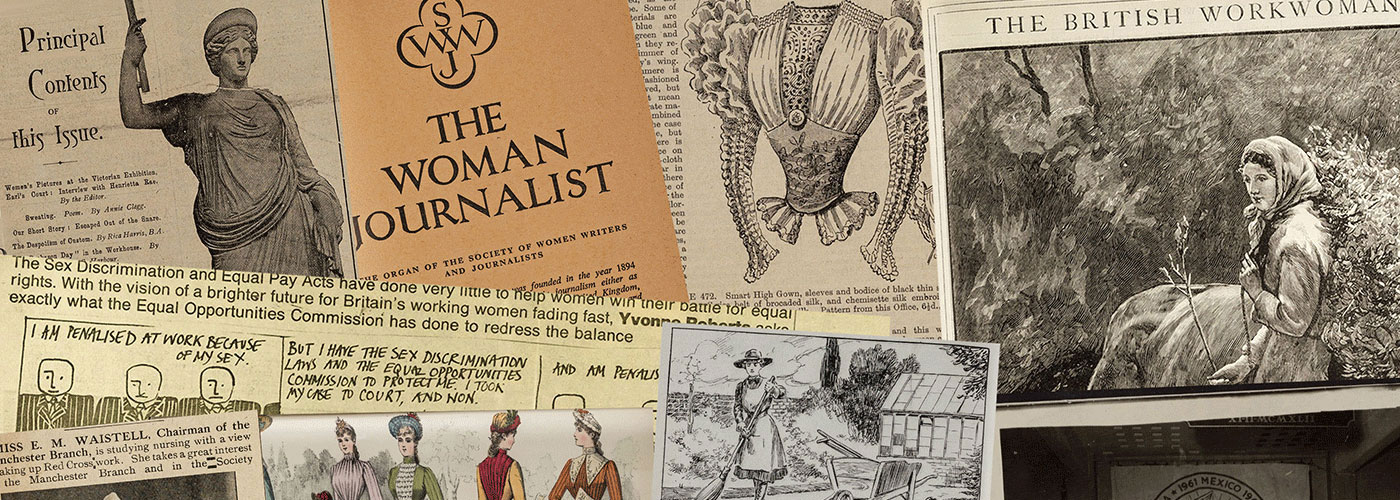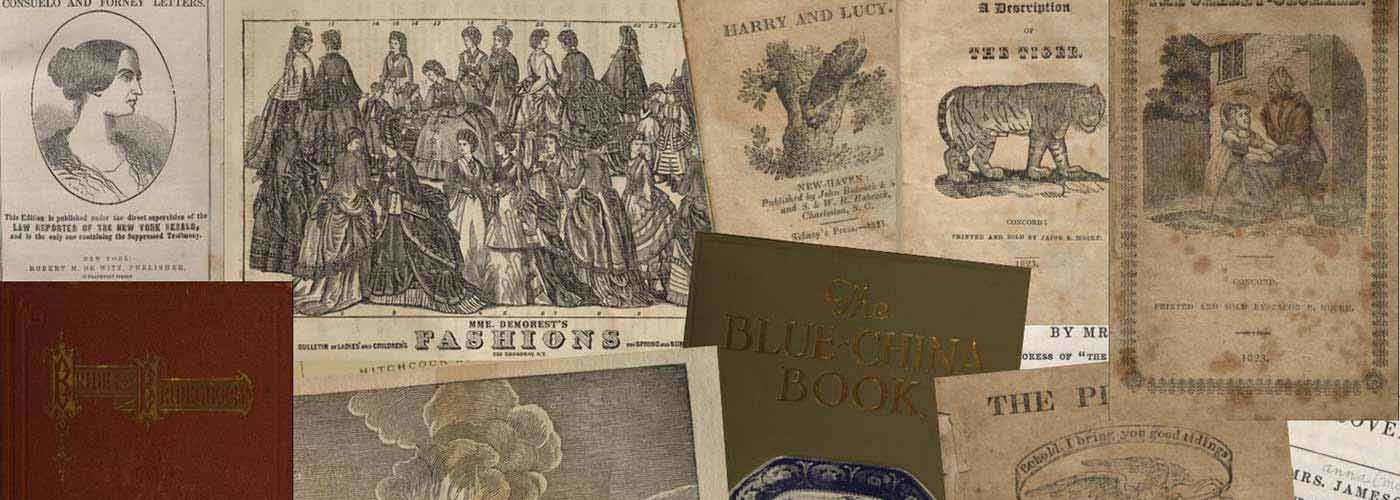Explore issues of gender and class through a transnational perspective
Nineteenth Century Collections Online: Women and Transnational Networks focuses on issues at the intersection of gender and class -- from the late eighteenth century to the era of suffrage in the early twentieth century -- through a transnational perspective. This collection deepens the already-comprehensive coverage of European movements included in Nineteenth Century Collections Online by adding sources from the United States and other regions. The focus of this collection is on major nineteenth-century trends, topics, and events as they relate to gender, including social reform, high and low culture, transnational networks, immigration, daily life, religion, and more.
Researchers and scholars will find rare content related to:
- Social reform movements and groups
- High and "low" culture
- Literature and the arts
- Immigration
- Daily life
- Religion
- and more
As a resource for study of gender, societal rules, and class -- all key categories of research for the "long" nineteenth century -- Women and Transnational Networks supports research in history, sociology, women's studies, medicine, and a host of other disciplines. The collection's scope of content from global sources gives this archive a truly international perspective. Included in the collection is a wide array of primary source documents, including serials, books, manuscripts, diaries, reports, and visuals.
Key collections include:
- Mary Braddon Archive -- This archive of unpublished, previously inaccessible material includes correspondence with the author's family and famous figures of her day, working notebooks and drafts, and her unpublished memoir, Before the Knowledge of Evil.
- Papers of Carrie Chapman Catt -- Papers relate to Catt's work as a leader in the women's suffrage movement and peace activities. Includes a rich collection of photographs, including many of the WWII Women's Land Army.
- Woodhull & Claflin's Weekly -- The archives of the famed newspaper founded by suffragist and feminist, Victoria Woodhull
- History of Women collection
- Personal papers of Elizabeth Cady Stanton and Myrtilla Miner
- Quaker Women's Diaries: 18th-19th Centuries
- The Diaries of Elizabeth Fry, 1797-1845
- British birth control material at the British Library of Political and Economic Sciences: 1800-1947
FEATURED REVIEW
“The scope of this digitization project makes it a significant research resource for both scholars and undergraduates. There are several benefits to this scope: the sheer size of the collections; the geographic range including comparative materials from various cultures; and the variety of types of documents including a significant amount of unpublished material . . . . The new platform tools developed for NCCO are impressive and should be useful to scholars as well as students. These include the browse features for 'Exploring Collections,' the search within results features, text analysis tools, and sophisticated image viewing tools.”
- eDesiderata, Center for Research Libraries
Look Inside
Additional Details
subjects covered
- European Studies
- Humanities & Social Sciences
- Sociology
- Literature
- Religion & Philosophy
- U.S. History
Support Materials
View and download these PDFs
Platform Features & Tools
Term Frequency
It allows researchers to see the frequency of search terms within content sets to identify central themes and assess how people, places, events and ideas interact and develop over time.
Buscador de temas
Esta herramienta agrupa los temas más comunes y revela conexiones ocultas entre los términos de búsqueda, lo que ayuda a dar forma a la investigación integrando contenidos diversos con información relevante.
Búsquedas simultáneas
Busca al mismo tiempo dentro de los productos complementarios de fuentes primarias, incluidos los ebooks, a través de un entorno de búsqueda unificado que posibilita nuevas e innovadoras conexiones de investigación.
Reviews & Testimonials
“The ranges of sources of all this material boggled my mind. Yes, some of it is from mainstream publications, but so much of it was from rare, hard-to-find sources that I gained an appreciation for the time and effort it's taken to assemble these vast digitized collections.”


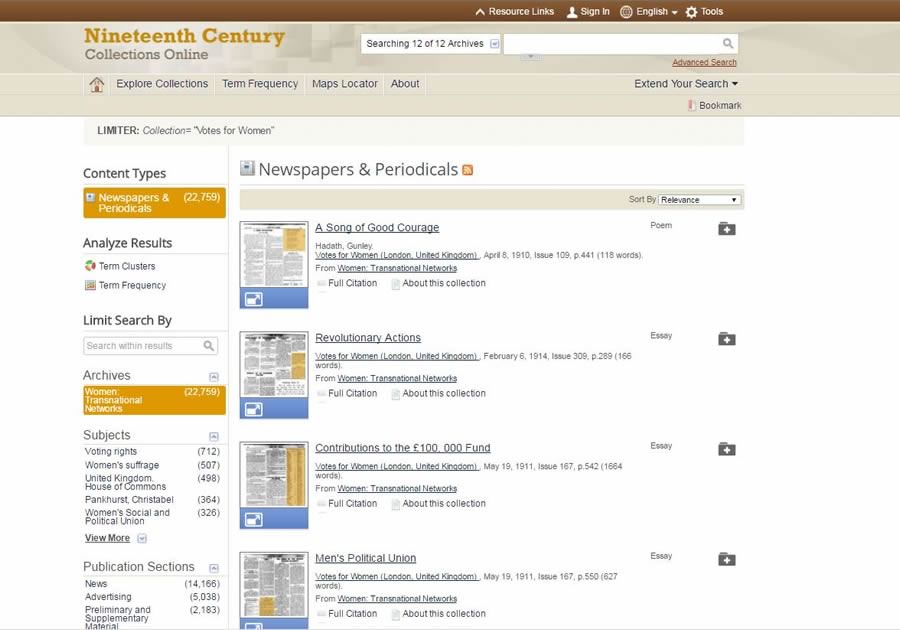
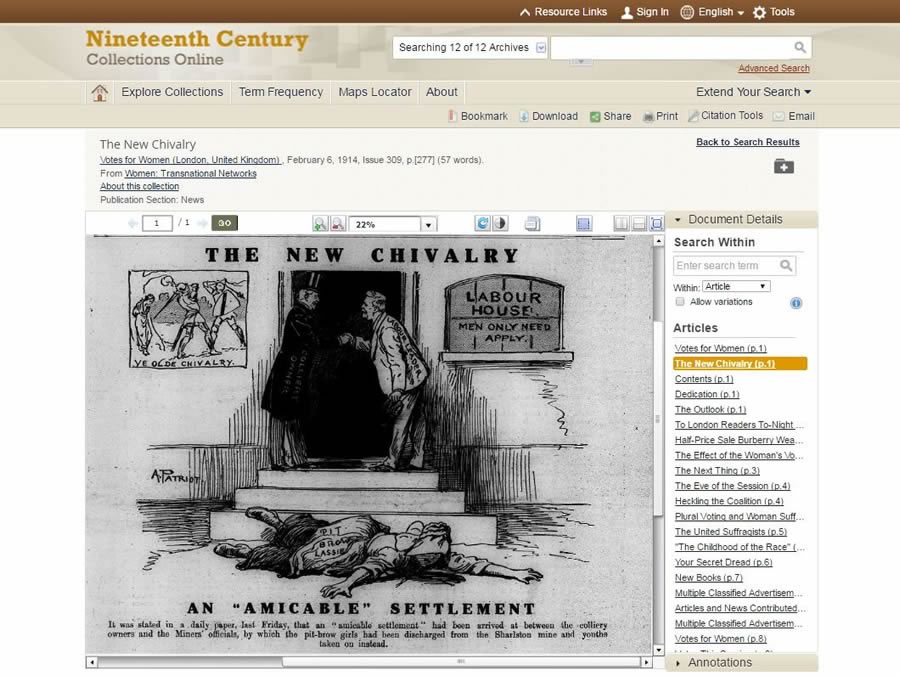
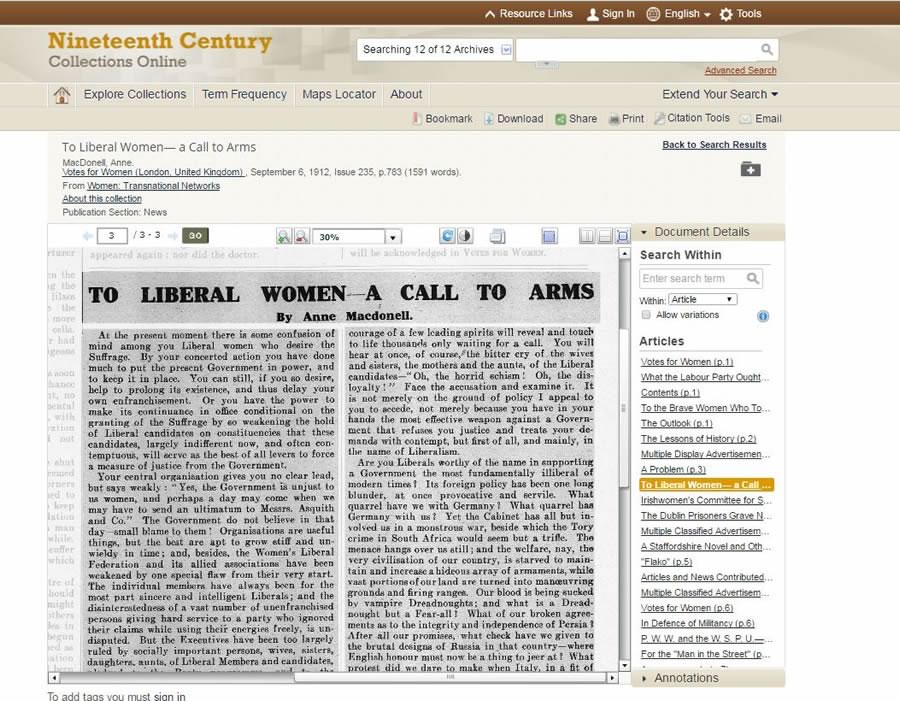
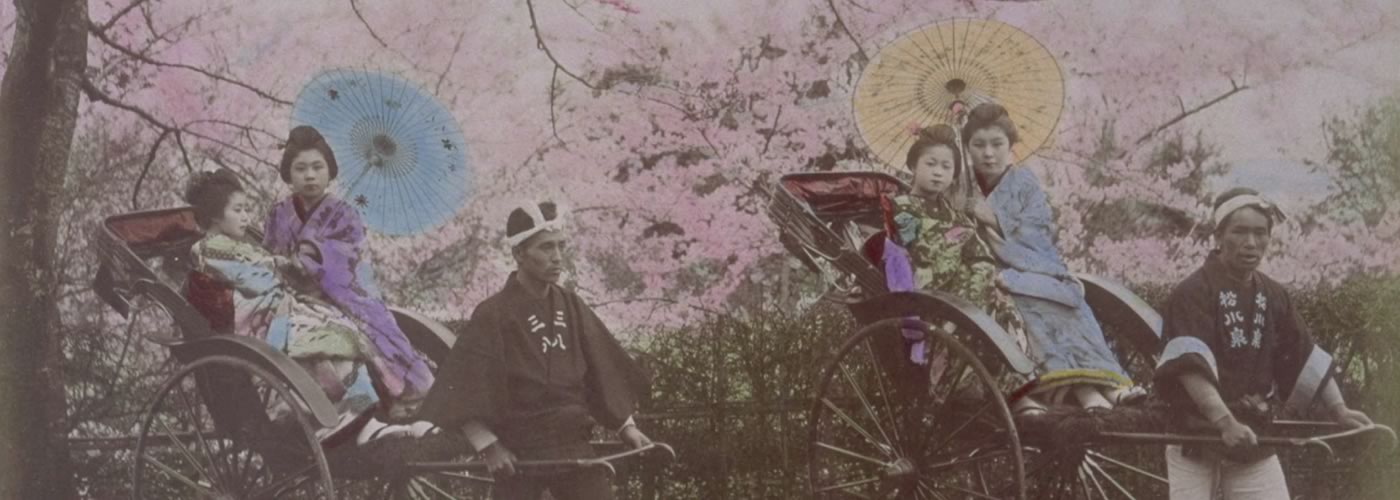
![Machin, Frank. The Yorkshire miners: a history by Frank Machin. Vol. 1. Barnsley: National Union of MineWorkers (Yorkshire Area), [1958].](/binaries/content/gallery/gale-us-en/banners/primary-sources/nineteenth-century-collections-online/gps_ncco_british_politics_banner.jpg)
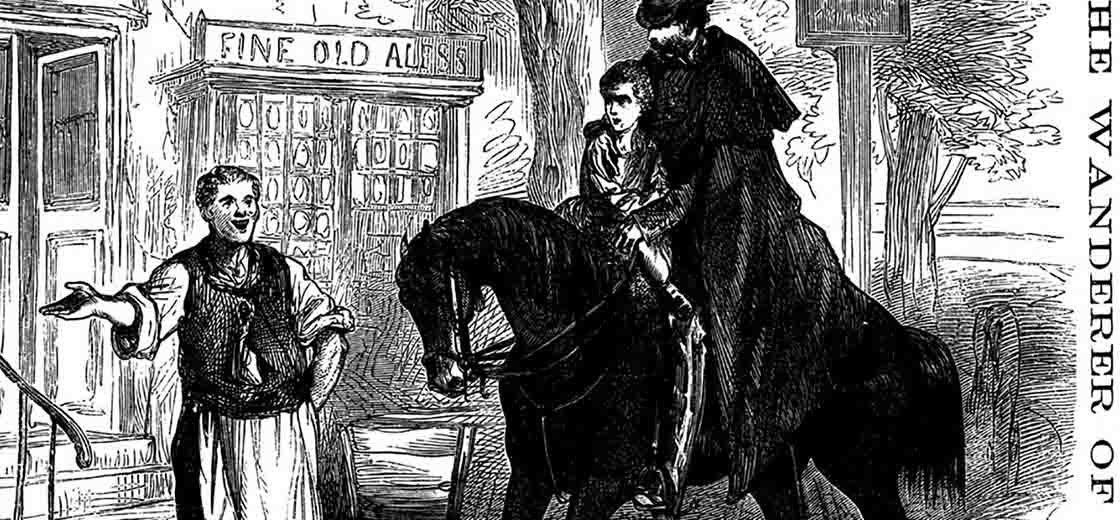
![Carroll, Lewis, and Mabel Lucie Attwell. Alice in Wonderland: by Lewis Carroll; Pictured by Mabel Lucie Attwell. London; Paris; Berlin; New York; Montreal: Raphael Tuck & Sons, Ltd., [1910?].](/binaries/content/gallery/gale-us-en/banners/primary-sources/nineteenth-century-collections-online/gps_ncco_childrens_literature_academic_banner.jpg)
